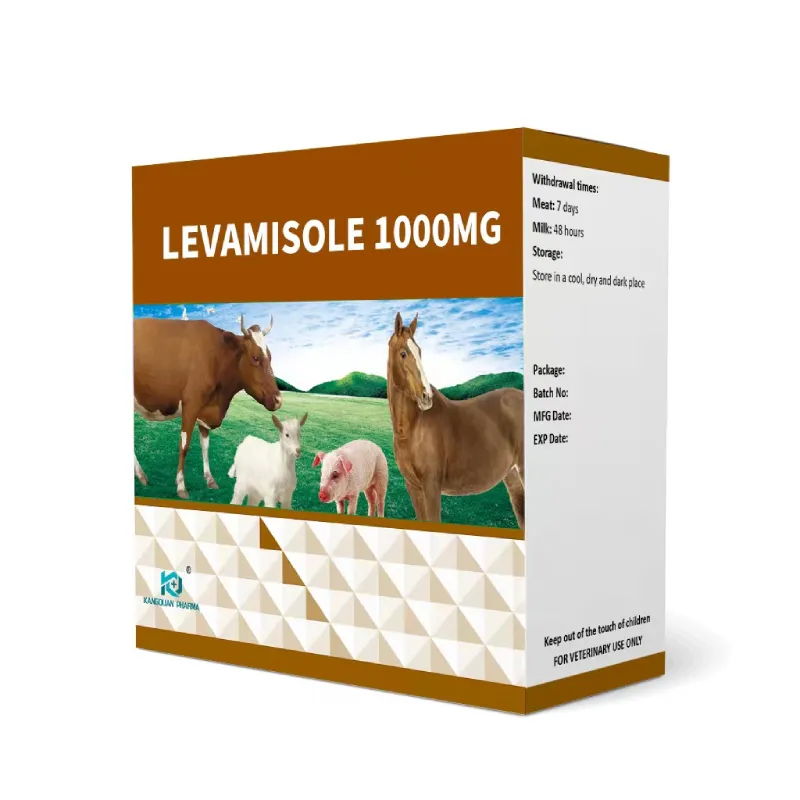- Afrikaans
- Albanian
- Amharic
- Arabic
- Armenian
- Azerbaijani
- Basque
- Belarusian
- Bengali
- Bosnian
- Bulgarian
- Catalan
- Cebuano
- Corsican
- Croatian
- Czech
- Danish
- Dutch
- English
- Esperanto
- Estonian
- Finnish
- French
- Frisian
- Galician
- Georgian
- German
- Greek
- Gujarati
- Haitian Creole
- hausa
- hawaiian
- Hebrew
- Hindi
- Miao
- Hungarian
- Icelandic
- igbo
- Indonesian
- irish
- Italian
- Japanese
- Javanese
- Kannada
- kazakh
- Khmer
- Rwandese
- Korean
- Kurdish
- Kyrgyz
- Lao
- Latin
- Latvian
- Lithuanian
- Luxembourgish
- Macedonian
- Malgashi
- Malay
- Malayalam
- Maltese
- Maori
- Marathi
- Mongolian
- Myanmar
- Nepali
- Norwegian
- Norwegian
- Occitan
- Pashto
- Persian
- Polish
- Portuguese
- Punjabi
- Romanian
- Russian
- Samoan
- Scottish Gaelic
- Serbian
- Sesotho
- Shona
- Sindhi
- Sinhala
- Slovak
- Slovenian
- Somali
- Spanish
- Sundanese
- Swahili
- Swedish
- Tagalog
- Tajik
- Tamil
- Tatar
- Telugu
- Thai
- Turkish
- Turkmen
- Ukrainian
- Urdu
- Uighur
- Uzbek
- Vietnamese
- Welsh
- Bantu
- Yiddish
- Yoruba
- Zulu
Nov . 24, 2024 06:43 Back to list
lincomycin hcl monohydrate uses
Lincomycin HCl Monohydrate Uses and Applications
Lincomycin hydrochloride monohydrate is an essential antibiotic that has garnered attention in the medical field due to its unique properties and effectiveness against various bacterial infections. Derived from the bacterium *Streptomyces lincolnensis*, this medication plays a crucial role in the treatment of infections caused by anaerobic bacteria and certain types of gram-positive organisms. Its mechanism of action involves inhibiting bacterial protein synthesis, which ultimately leads to the cessation of bacterial growth.
Lincomycin HCl Monohydrate Uses and Applications
Lincomycin is also effective in treating soft tissue infections, including skin and skin structure infections, caused by susceptible gram-positive bacteria. In clinical cases where patients present with abscesses, cellulitis, or infected wounds, lincomycin can be an important part of the therapeutic regimen. Its ability to penetrate well into soft tissues makes it a suitable choice for managing localized infections, ensuring that the antibiotic reaches the site of infection effectively.
lincomycin hcl monohydrate uses

Moreover, lincomycin HCl monohydrate is often employed in dental procedures, particularly for patients who are at risk of infective endocarditis. For individuals with certain heart conditions, antibiotic prophylaxis is necessary during dental work to prevent bacterial endocarditis. Lincomycin serves this purpose well due to its effectiveness against the bacteria that can enter the bloodstream during dental manipulations.
In addition to its therapeutic uses, lincomycin has shown potential applications in veterinary medicine. It is used to treat various infections in animals, particularly in treating conditions caused by susceptible anaerobic bacteria. The veterinary use of lincomycin demonstrates its versatility and effectiveness across different species, contributing to animal health care.
Despite its numerous benefits, the use of lincomycin HCl monohydrate is not without risks. Its main adverse effects include gastrointestinal disturbances, such as diarrhea, which can lead to more serious conditions like Clostridium difficile-associated diarrhea. Therefore, it is crucial for healthcare providers to weigh the benefits and risks before prescribing this antibiotic.
In conclusion, lincomycin hydrochloride monohydrate is a valuable antibiotic in the medical arsenal, with significant applications in human and veterinary medicine. Its effectiveness against specific bacterial infections, particularly those resistant to other antibiotics, highlights the importance of this medication in treating complex infections. As the medical community continues to combat antibiotic resistance, lincomycin remains an important option for clinicians aiming to provide effective care for their patients.
-
Guide to Oxytetracycline Injection
NewsMar.27,2025
-
Guide to Colistin Sulphate
NewsMar.27,2025
-
Gentamicin Sulfate: Uses, Price, And Key Information
NewsMar.27,2025
-
Enrofloxacin Injection: Uses, Price, And Supplier Information
NewsMar.27,2025
-
Dexamethasone Sodium Phosphate Injection: Uses, Price, And Key Information
NewsMar.27,2025
-
Albendazole Tablet: Uses, Dosage, Cost, And Key Information
NewsMar.27,2025













